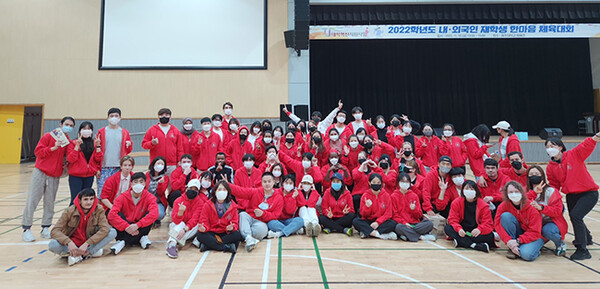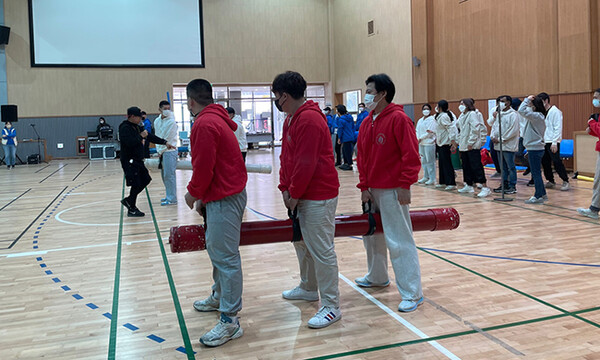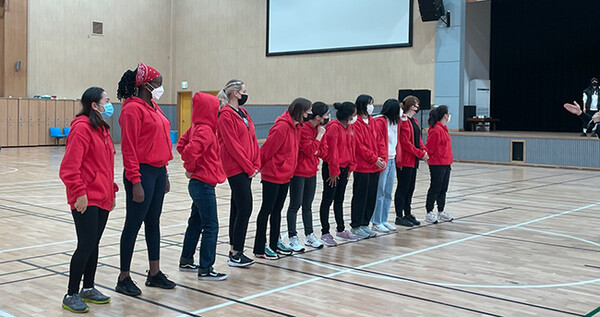
As the core of Korean society, Confucianism has fostered a culture in which building long-lasting community ties precedes over individualism. This permeates into every aspect of the Korean modus vivendi: workplaces, schools, and family structures are all affected equally. Evidently, university culture follows this order too.
From the daedongjaes (university festivals), the MTs (the ‘Membership Trainings’ made for new students to meet their sunbaes/senior students), or the Sports Event (in which teams representing each major compete against each other in different sports), Korean university life is brimming with experiences that nurture the feeling of belonging within the student community. Yet, what happens when international students have direct contact with this lifestyle?
Previous issues of The Islander have included accounts of the exclusion that some international students have faced with this type of events. Last semester, while sports events were taking place, many international students complained that they were not invited to join. Others do not get the opportunity to join these events because of the limited time they are staying in Jeju, or because these events are only catered for undergraduate students – effectively preventing students from the Korean Language Program (KLP) or graduate students from joining.
In an attempt to resolve these issues, the Office of International Affairs held the 2022 Sports Event with the name ‘One Heart’ on the 18th of November. In previous years, this competition was carried out exclusively for students enrolled in the KLP; however, this semester, the participation of any foreign student that is part of the JNU community was allowed.
Three teams – red, white and blue, each made up of around 30 members – contended against each other in a series of challenges based around traditional Korean games, as well as normal sports competitions. This included futsal, tug of war, dodgeball, among others. The white team ended up winning the most games, thus being declared the winner. The blue team reached the second place, and finally, the red team ended in the third place.
While the main take away we can get from this event, is that every single one of us has ‘one heart,’ despite our different backgrounds, we can also see the importance of teamwork. Yet these types of events can also be assessed as positive discrimination. They provide a short-term solution to a problem that is very pervasive in our university: discrimination and isolation of international students.



